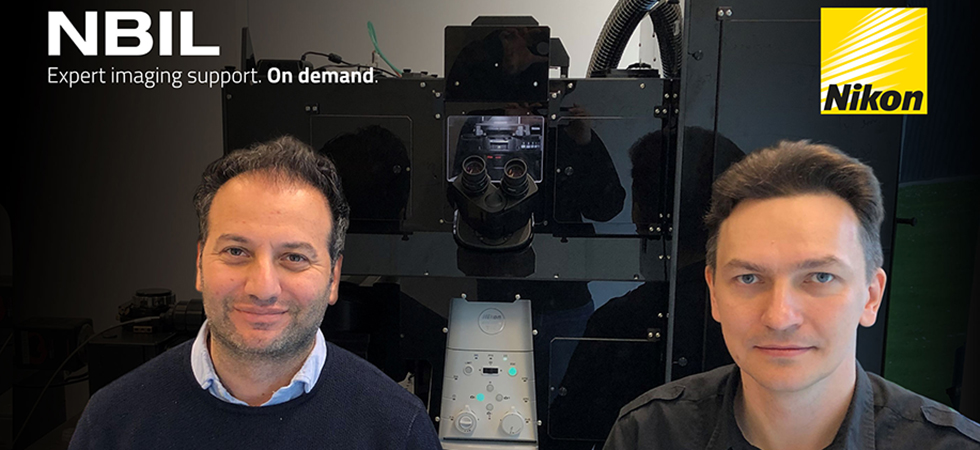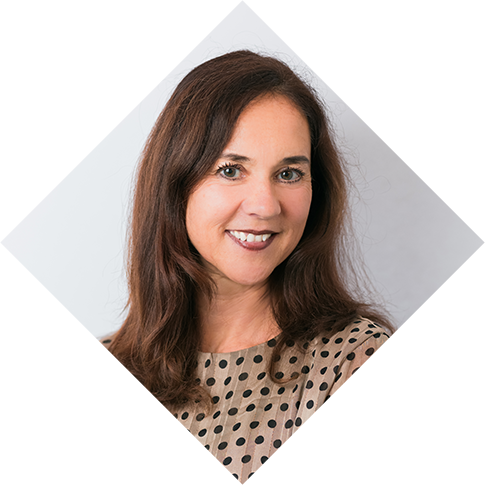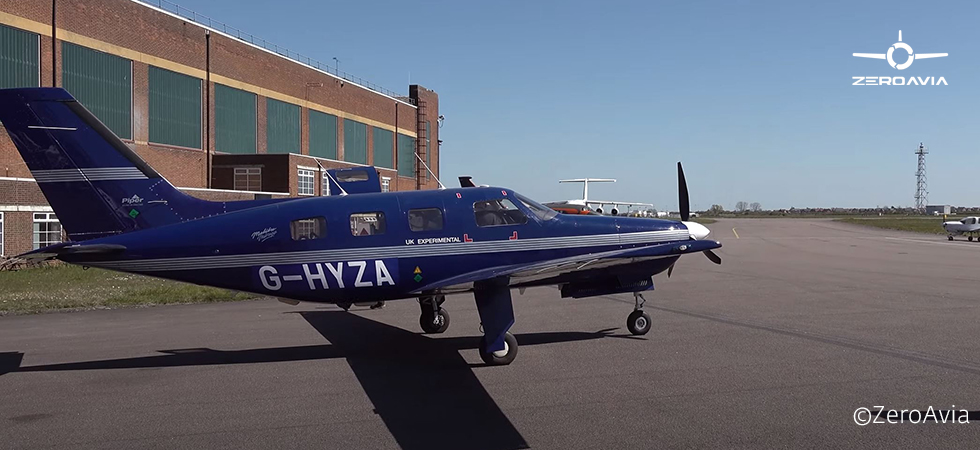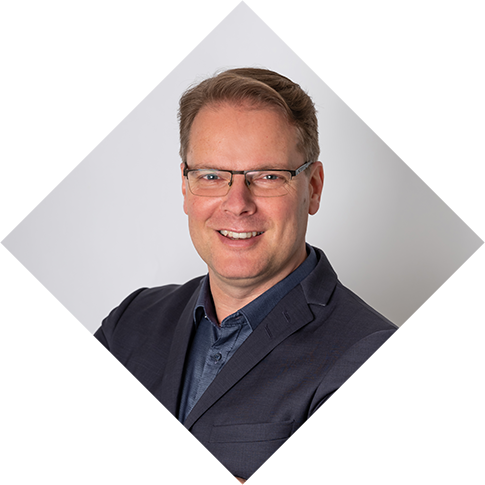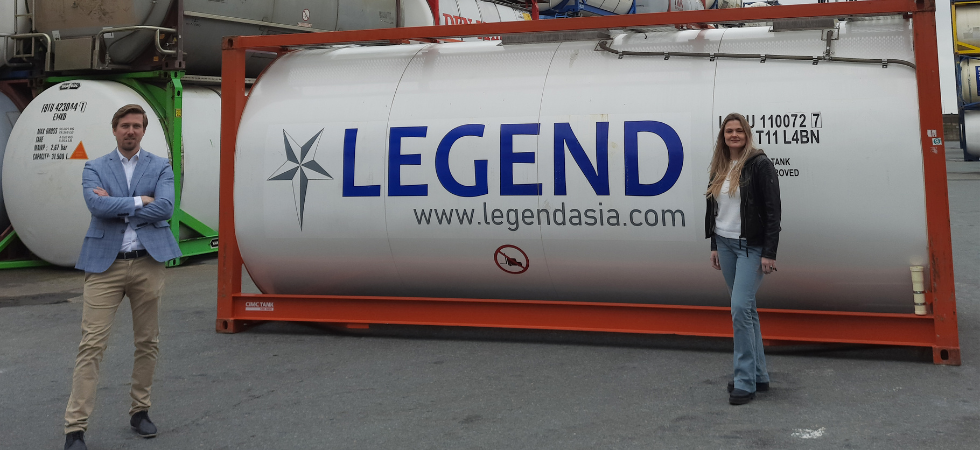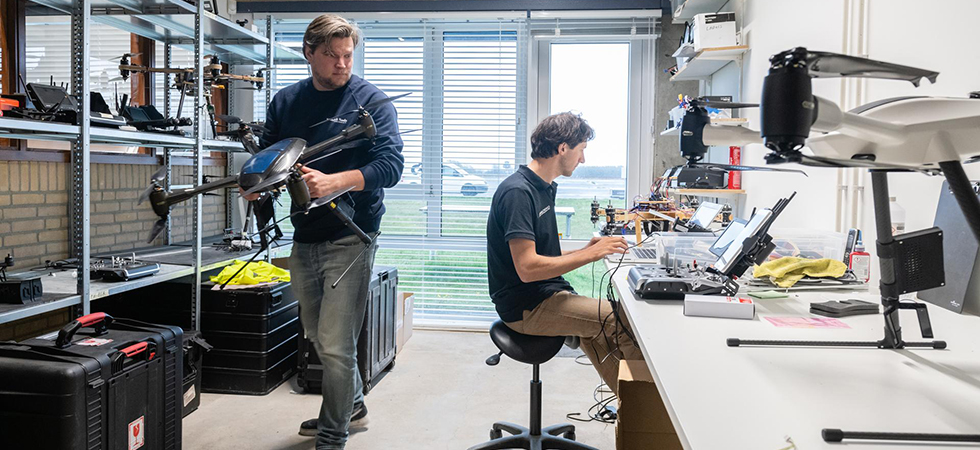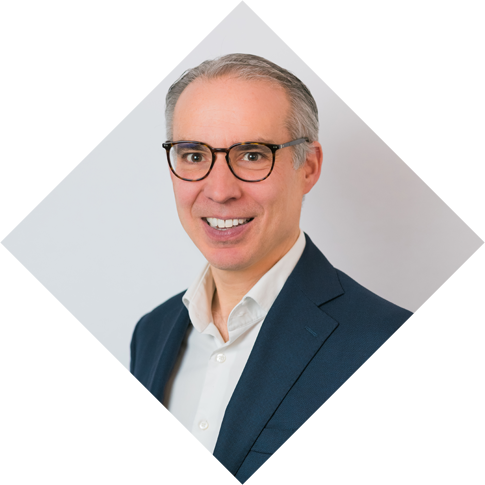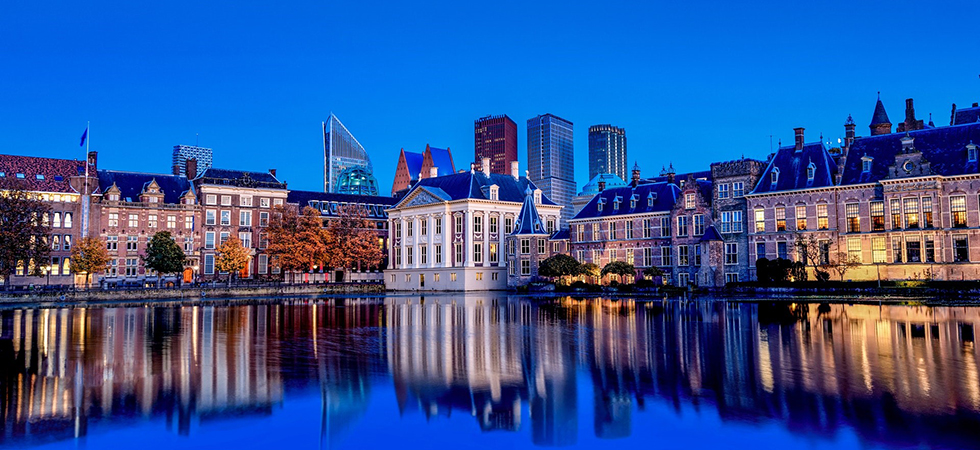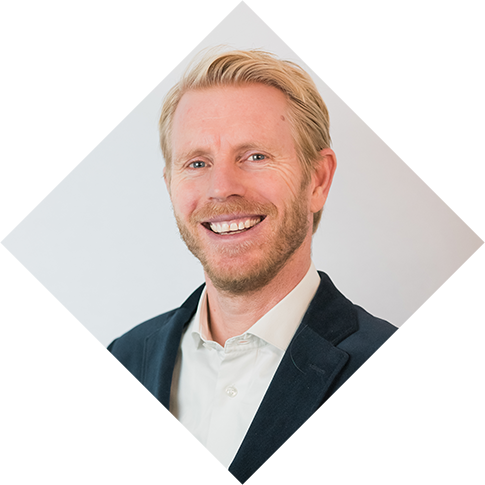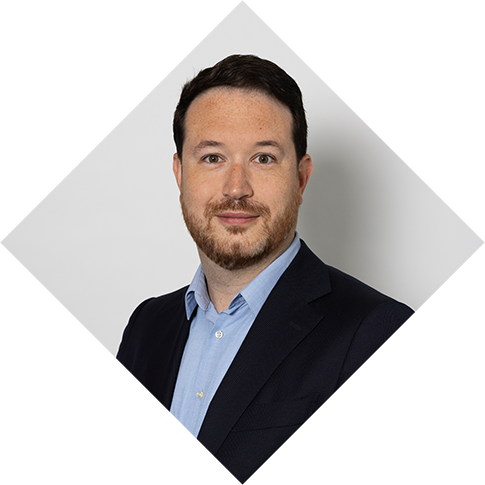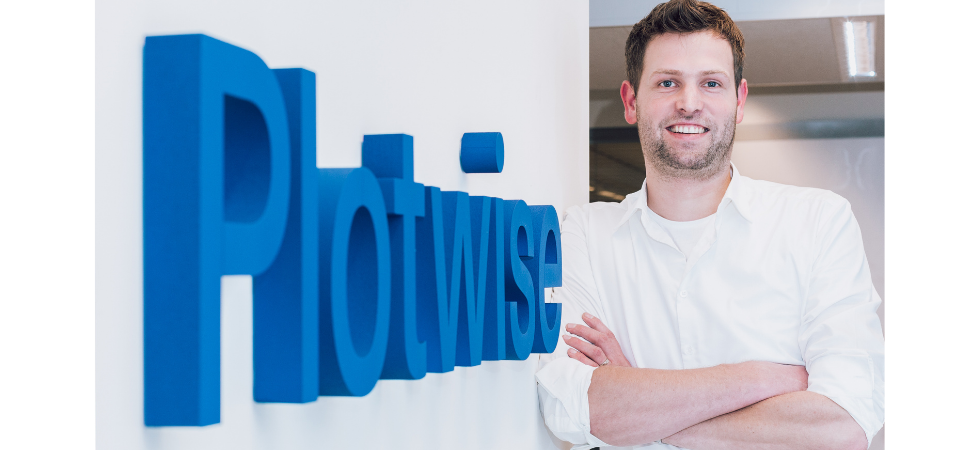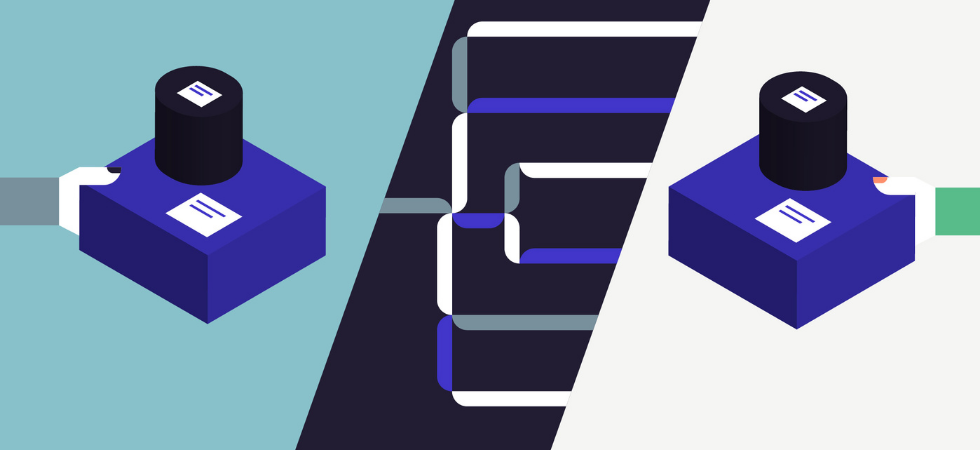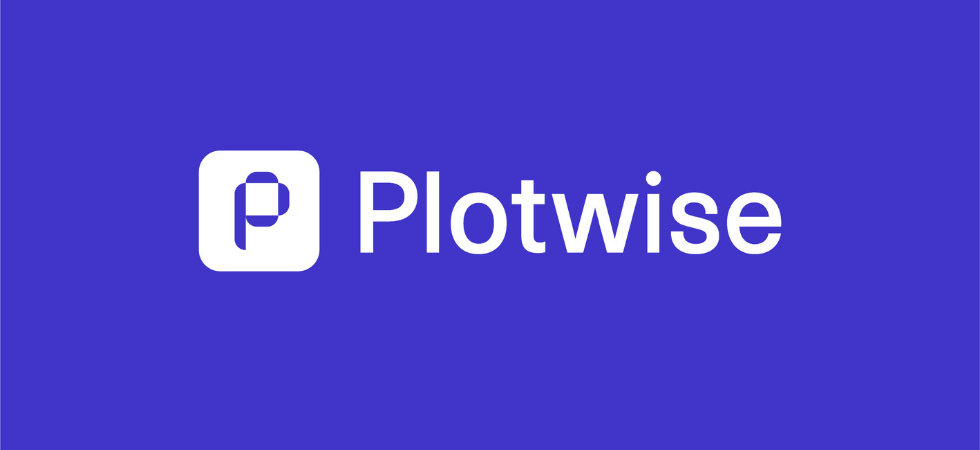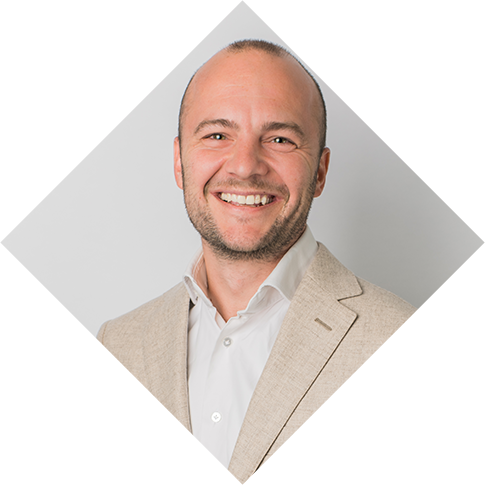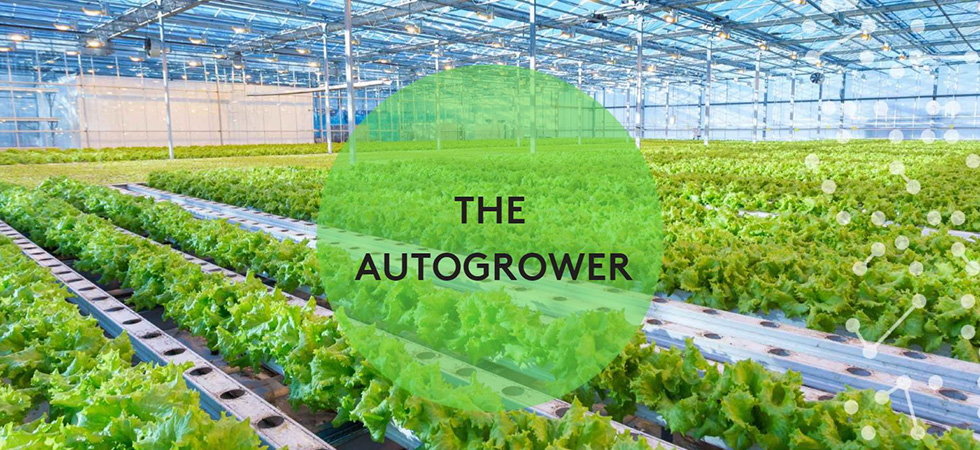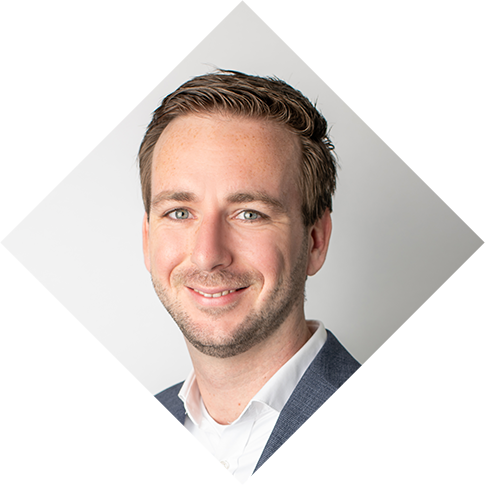This year, online ordering has reached an unprecedented level. Even before the coronavirus pandemic, the e-commerce market had been showing rapid growth globally. But if online retailers and delivery services are to continue to benefit from this trend, innovation is essential. Plotwise has therefore developed innovative AI-based planning software and vendors like Coolblue, PostNL, and Red je Pakketje are already using this technology to plan smart, customized deliveries. The Delft-based scale-up is striving to improve the safety, sustainability, and efficiency of home delivery and has secured an investment from the South Holland energy innovation fund ENERGIIQ to further expand and scale up its services.
“The way we move people and goods throughout the world has always fascinated me,” says company founder Michel Boerrigter, who developed several other planning platforms while at TU Delft. “Until recently, parcel delivery was primarily a B2B service. Because we now order so much as a society, things have changed very quickly. Today, deliveries need to be customer-centric, based on home delivery with many more destinations.”
The final step in the supply chain, the last mile, is a major bottleneck for the e-commerce market, accounting for 30 to 55 percent of total delivery costs. As the e-commerce market expands, vehicle movements are increasing, resulting in more CO2 emissions and traffic congestion.
Established at the end of 2018 from a TU Delft spin-off, Plotwise focuses on minimizing the social impacts of last-mile delivery.
“With this investment, we are contributing to the automatization and optimization of an increasingly complex process and therefore to more sustainable parcel delivery.”
– ENERGIIQ fund manager, Rafael Koene
Delivery planning as part of the ordering process
Many delivery services still use traditional static planning with routes determined only several times a year based on zip codes. Even when the volume of parcels changes, the route remains the same.
Michel Boerrigter: “Traditional planning works for B2B transport but is less suitable for individual customer deliveries. There are too many complexities, and the logistical puzzle has too many pieces. As a result, there are major differences between calmer and busier periods, leading to inefficient routes and time pressure.”
Plotwise therefore focuses on optimizing delivery flow as part of the ordering process.
Michel explains, “It makes delivery more dynamic. If you order something online, you immediately receive a number of delivery options based on the traffic, other scheduled deliveries in the neighborhood, and the most efficient mode of transport, such as a van or a delivery e-bike. As we make customers aware of the options and their consequences, we can influence behavior and encourage more efficient, sustainable choices.”
Up to 20 percent CO2 reduction per parcel
Clients already using the Plotwise software secure a competitive advantage through cost savings, improvements in service quality, and opportunities to capitalize on evolving expectations and demand. Plotwise also makes a significant contribution to sustainability: with fewer vehicle miles traveled, CO2 emissions per parcel have been reduced by up to 20 percent.
Meanwhile, electric vehicles are replacing diesel-based transport. This is partly due to the establishment of zero-emission zones as part of the climate agreement, which means that by 2030 all delivery vans and trucks in these designated areas must be entirely emission-free.
Michel says, “Although an increase in the number of electric vehicles naturally leads to huge CO2 reductions, the efficient planning of available and permitted vehicles is required as well to prevent time pressure, delays, unsafe situations, and traffic congestion. With electric vehicles, you must also deal with other technical factors when planning, including recharging time and available charging capacities. Even if delivery services start using electric vehicles, smart planning is essential.”
Hyper-scalable internationally
Thanks to ENERGIIQ’s investment, Plotwise plans a significant international scale up in the next three years along with an expansion of its team.
“We’re already active in the Netherlands, Belgium, and Germany,” says Michel. “That’s the beauty of our service: it’s hyper-scalable.”
ENERGIIQ fund manager Rafael Koene agrees: “Plotwise has the momentum to scale up rapidly. Due to the strong growth of e-commerce, reinforced by the coronavirus pandemic, delivery planning is increasingly complex. This impacts logistics service provider operations. The team at Plotwise has the right skills and mindset to meet the organizational challenges involved in scaling up. At ENERGIIQ, we look forward to a valuable collaboration.”
That collaboration entails more than just financial assistance to help Plotwise realize its ambitions. Michel says, “ENERGIIQ has a lot of expertise in this area and offers valuable support in scaling up, not least through access to its large network. This will allow us to develop even faster and expand our market.”
Would you like to learn more?
Please do not hesitate to get in touch!
Jesse In ‘t Velt
Senior Investment Manager ENERGIIQ
